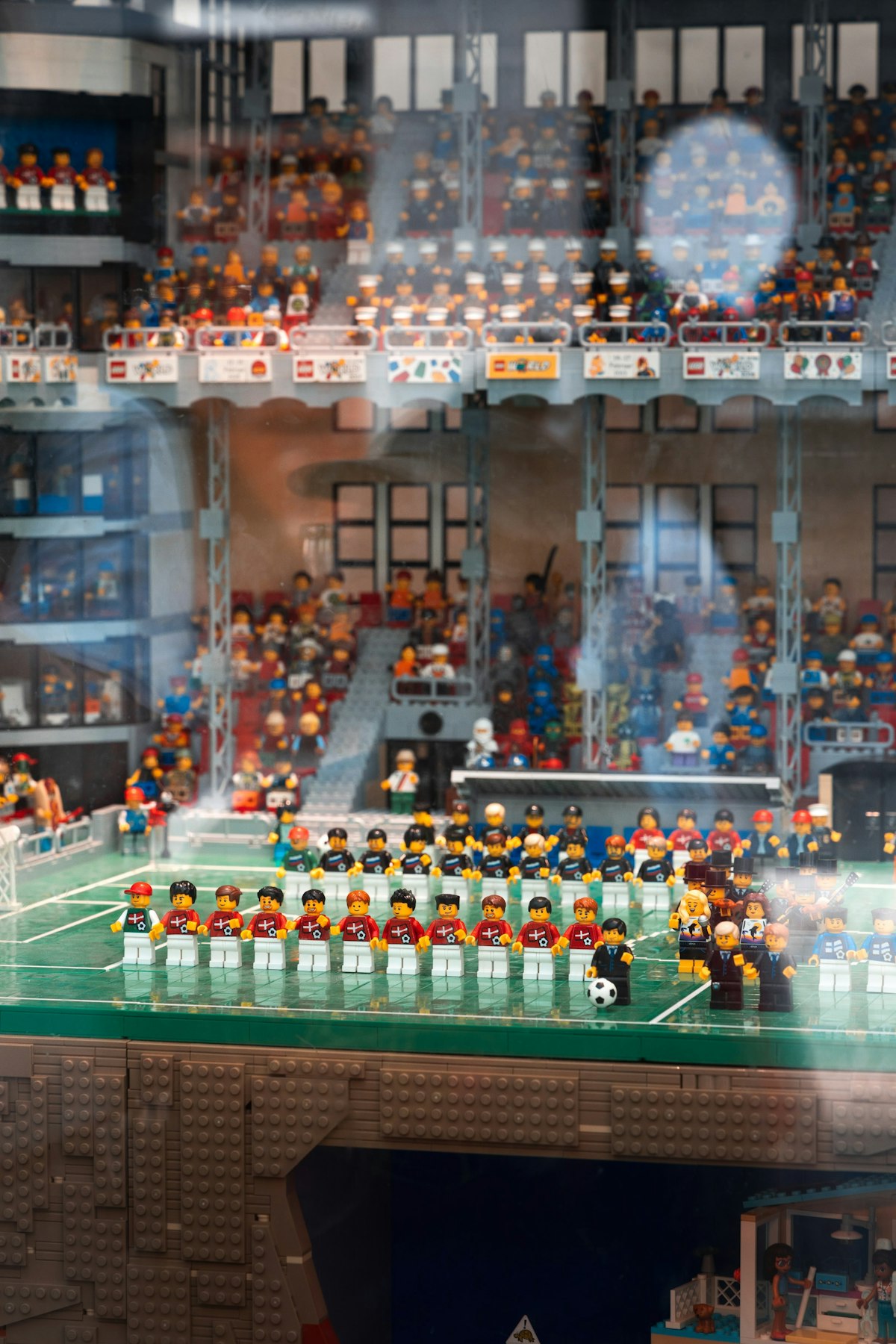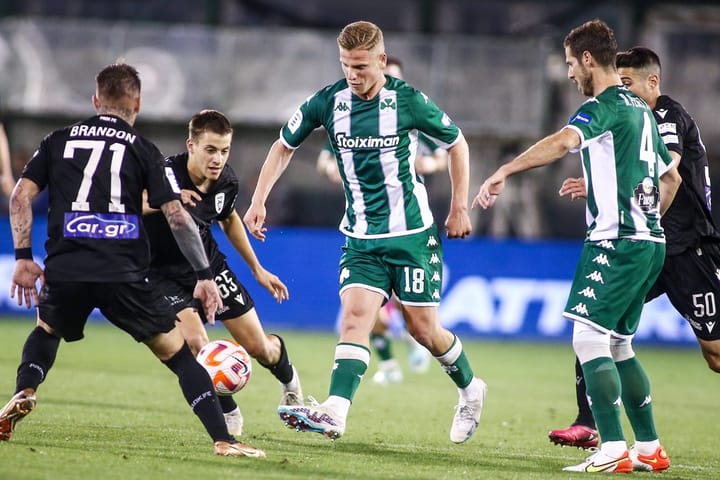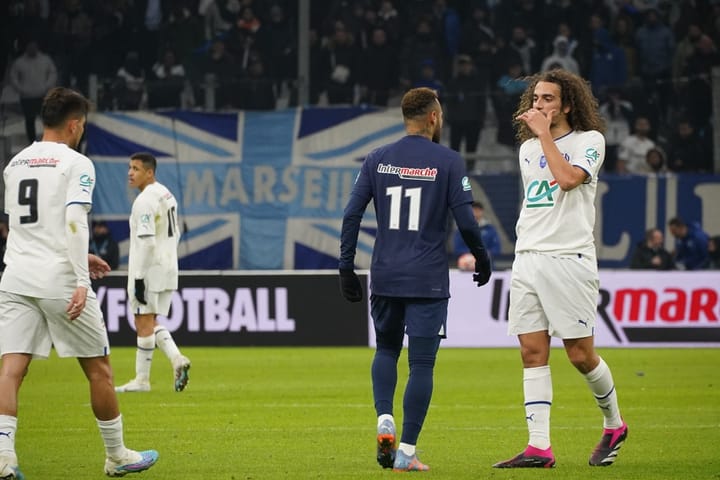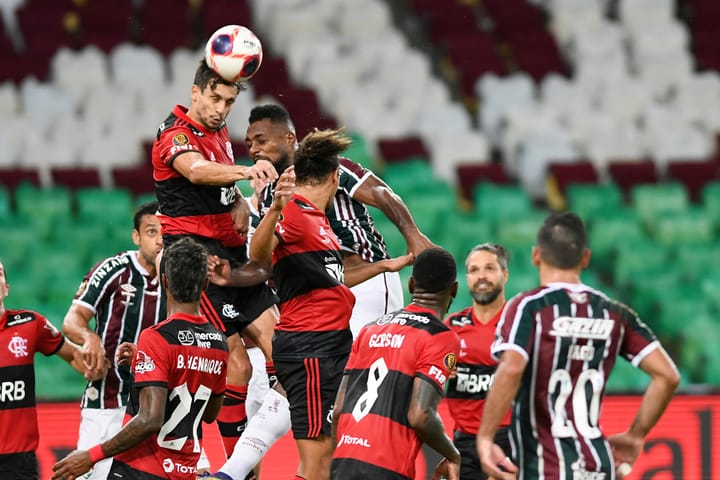Discover the Magical Dynamite of Danish Soccer
Denmark's passion for soccer is undeniably vibrant, integral to the nation's culture, history, and community. Let's delve into what sets Danish soccer apart.

In Denmark, soccer is a community binder. From young children playing with classmates during recess to adults partaking in local leagues, soccer serves as a recreational avenue and a foundation for camaraderie. For most people, it's about togetherness. One finds this spirit echoing in lower league matches, where a crate of beer alongside the field for the players is a common sight, symbolizing unity and shared joy.
Historic Roots
Denmark has a rich football history. In 1876, Kjøbenhavns Boldklub (KB) was established, becoming the first soccer club on the European continent. This was largely influenced by the English residing in Copenhagen. As soccer gained traction, the Dansk Boldspil-Union (DBU) was set up in 1889. For nearly a century, football in Denmark remained an amateur sport. No players were paid until 1978. Many top-notch players sought opportunities abroad, though. Only in 1971 did the national team open its doors to professionals playing outside Denmark.
International Feats
While Denmark may not frequently top international tournaments, it has had significant moments of glory. A pinnacle moment came in 1992 when the Danish national team clinched the European Championship title, what can only be described as a footballing fairy tale: underdogs can indeed steal the spotlight. Initially, Denmark hadn't even secured a spot in the European Championship tournament being held in Sweden. However, fate took a surprising turn when, just 10 days before the commencement of the championship, Yugoslavia was rendered ineligible to participate due to the ongoing war in the region. This unexpected twist paved the way for the Danes to step in and compete.
The journey of the Danish team during the tournament was nothing short of miraculous. They navigated through challenges, surpassed expectations, and reached the final. After stunning The Netherlands, the culmination of their unexpected participation was the face-off against the formidable German squad, which many considered the favorites to win. Defying all odds, Denmark emerged victorious with a resounding 2-0 win. Their triumph over Germany in the finals is the stuff of legends, even inspiring a film, “Sommeren ’92.”
Enjoy this documentary about the Danish fairytale.
Modern Era and Key Players
Denmark's footballing journey has been enriched by numerous talented players who've made their mark internationally. Noteworthy mentions include Simon Kjær, the Danish team captain playing for AC Milan, Kasper Schmeichel of OSG Nice (and Leicester City), and Christian Eriksen, known for his stint with Tottenham but currently playing for Manchester United. Their stories underscore Denmark's significant contribution to the global soccer tapestry.
When Controversy Strikes
Like any sport, soccer has witnessed its share of controversies in Denmark. One particularly unforgettable episode for Danes was the 2007 match against Sweden. At Parken, Denmark, Sweden quickly took the lead with goals in the 7th, 23rd, and 26th minutes. However, the Danes managed to equalize with strikes from Agger, Tomasson, and Andreasen. In a tense 88th minute, Christian Poulsen physically assaulted Swedish player Markus Rosenberg, resulting in a red card from the German referee and a penalty decision. In a shocking twist, an inebriated Danish spectator stormed the field, attempting to confront the referee, Flandel. The match was temporarily halted, and after deliberation, Denmark was handed a 0-3 defeat due to the incident.
In the aftermath, DBU faced a 50,000 Swiss Franc fine and was required to play 2-4 matches at least 140 km from Copenhagen. Poulsen received a three-game suspension. The intruding fan, later identified as Ronni Nørvig, faced a 20-day jail term and community service for his actions. Furthermore, DBU filed a lawsuit against Nørvig for financial losses, ultimately settling for a payment of 250,000 DKK from him. The incident was so iconic that it introduced the term “baneløber” (field runner) into the Danish lexicon.
The Dual Face of Soccer Fandom
For many Danes, soccer discussions form a staple of everyday small talk. However, like many countries, the media's portrayal of fans in Denmark often leans towards the aggressive. Certain factions of fans, unfortunately, leverage football and local rivalries as outlets for aggression, organizing fights and resorting to other disruptive activities such as graffiti.
The silver lining to this dark cloud, if one can call it that, is that the violence is often so organized that it rarely involves innocent fans or bystanders. Nevertheless, these actions exert significant pressure on the Danish police, particularly during matches between rival clubs.
However, this profile of the aggressive fan represents just a small fraction of the fanbase. A trip to a stadium on match day would introduce you to a kaleidoscope of fans, each with their unique story and reason for being there. While a definitive fan profile is elusive, the majority are men. Their dedication to their chosen club varies: some find soccer a reflection of their socio-economic and political identities, while others rally behind the local team.
The Iconic 'New Firm'
Any discourse about football fandom in Denmark would be glaringly incomplete without mentioning the iconic rivalry between Brøndby IF and FCK. Termed the "New Firm", this matchup mirrors the legendary "Old Firm" rivalry between Scotland’s Celtic and Rangers.
Factors contributing to the intense rivalry of the New Firm include the geographical closeness of the two clubs and their contrasting management philosophies and club ideologies. Brøndby IF's roots are deeply embedded in its history as a working-class club, taking pride in its traditional approach and staunch anti-corporate stance. In contrast, FCK often finds favor among the elite, run with the precision and ethos of a corporation.
This rivalry is so intense that discussions about Brøndby and FCK are seemingly endless. To be a fan of one typically means harboring at least a hint of resentment towards the other.
Experience the Magic
Despite the undercurrents of rivalry and historical baggage, watching a New Firm match is an experience in itself. It's a celebration of the beautiful aspects of fan culture. The stadiums resonate with passionate singing, and the tifos (choreographed displays by fans) add a vibrant hue to the atmosphere. The games themselves are of high intensity, making it a spectacle for both dedicated fans and casual observers.
While the Danish football fan culture has its challenges, it is also filled with passion, unity, and undying love for the game. If you ever find yourself in Denmark during a New Firm match, do yourself a favor and witness the magic firsthand.




